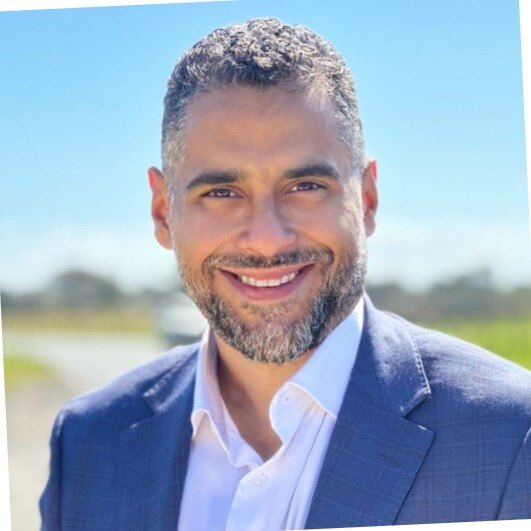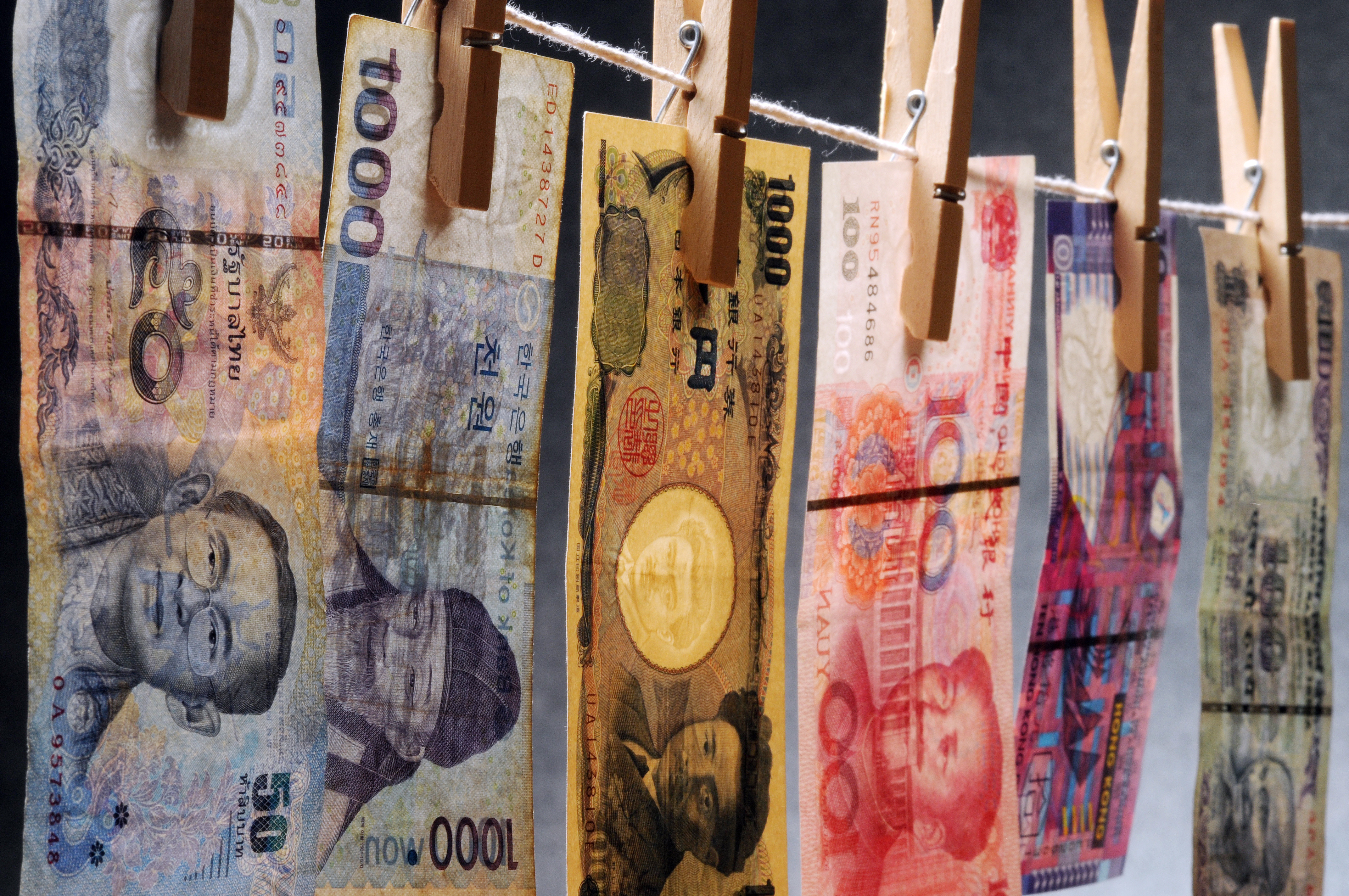Last month, Thailand's Digital Economy and Society minister, Prasert Jantararuangtong, announced a joint operation between the country’s Anti-Money Laundering Office (AMLO), the Bank of Thailand, and the Securities and Exchange Commission (SEC) had already detected and shut down more than 300,000 mule accounts since November of 2023.
The Bank of Thailand reports around 30% of the 200,000 money laundering accounts closed in March and April alone had been opened recently. Investigators also found account holders made five or more transactions after receiving the scam victims’ money.
How it worked
The probe required anyone who deposited cash into a Thai account via an ATM to provide proof of their identity, allowing investigators to identify a vast network of proxy accounts likely utilized by scam gangs to launder stolen funds from more than 540,000 fraud cases. Total damages exceed 63 billion baht since March 2022.
Best next steps
This is a commendable effort by the Thai government. The elimination of more than a quarter million mule accounts over the past year is an impressive and necessary first step, but both BioCatch and Thai authorities know these were the easy money laundering accounts to find. It is now the time to dig deeper and implement new technologies to identify and shut down the other varieties of mules employed by fraudsters to clean their digital banking scam proceeds.
BioCatch classifies mule victims into five different personas (outlined in more detail here):
1.) The Peddler
2.) The Accomplice
3.) The Misled
4.) The Deceiver
5.) The Victim
This latest Thai effort addresses only two of these methodologies: the employment of accomplices and the deceiving of legit account holders.
To combat the other three categories of mules, the Thai government has increased scrutiny of account opening, encouraged consumer and commercial banks to adopt tighter controls, and enacted new legislation, passing a law last year that criminalizes the sharing of bank accounts and telephone numbers with criminals. This too is a respectable change, but we need to point out Singapore did the same thing and still saw scams increase by a nearly 50% in 2023, with fraudsters successfully walking away with more than $650 million.
The missing defense strategy: Behavioral Biometrics
To make a meaningful dent in money laundering through their institutions, Thai banks must adopt new and complementary solutions to their fraud stacks. The Reserve Bank of India recently advocated for the adoption of behavioral biometrics and multi-factor authentication to replace one-time, SMS-based passwords (OTPs), writing in its 2023-24 annual report:
|
“The RBI intends to implement a suite of SupTech (Supervisory Technology) data tools leveraging artificial intelligence (AI) and machine learning (ML) for micro-data analytics and other use cases. This will enhance the supervisory capabilities of the central bank in detecting and preventing fraudulent activities through advanced data analysis techniques.” |
The implementation of this technology in Australia led to a more than 90% reduction in fraudulent payments. Nine out of 10 of the largest banks in that country employ BioCatch solutions, contributing to an 18% reduction in scam losses nationwide last year and a 48% reduction in scam losses in Q1 of 2024 compared to the same period in 2023. BioCatch’s 2024 Digital Banking Fraud Trends in APAC report reveals the company detected more than 150,000 mule accounts among its APAC customers alone in 2023.
With the right technology, regulation, and data-sharing between financial institutions, law enforcement, the government and private venders, Thailand could put a similar dent in fraud and financial crime. The country’s AMLO estimates the nation may now harbor as many as 1 million mule accounts, with more opening every day. To combat this scourge (not at all unique to Thailand, by the way), financial institutions in the country and around the world must introduce novel technologies to their fraud stacks to identify and shut down these accounts as quickly and easily as financial criminals can operationalize them.




